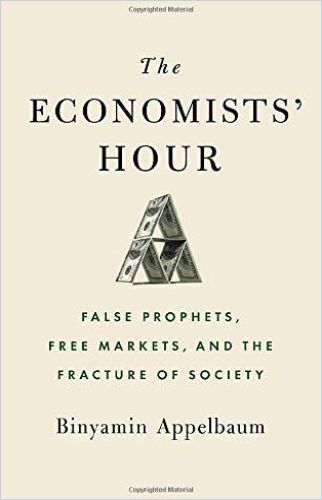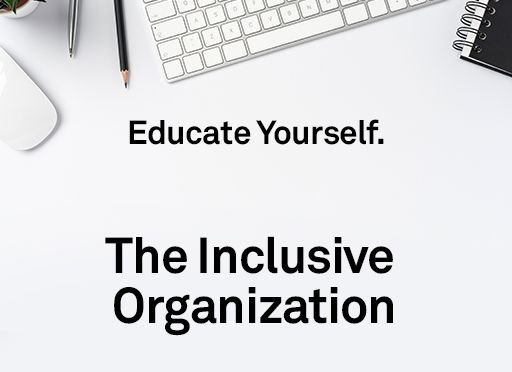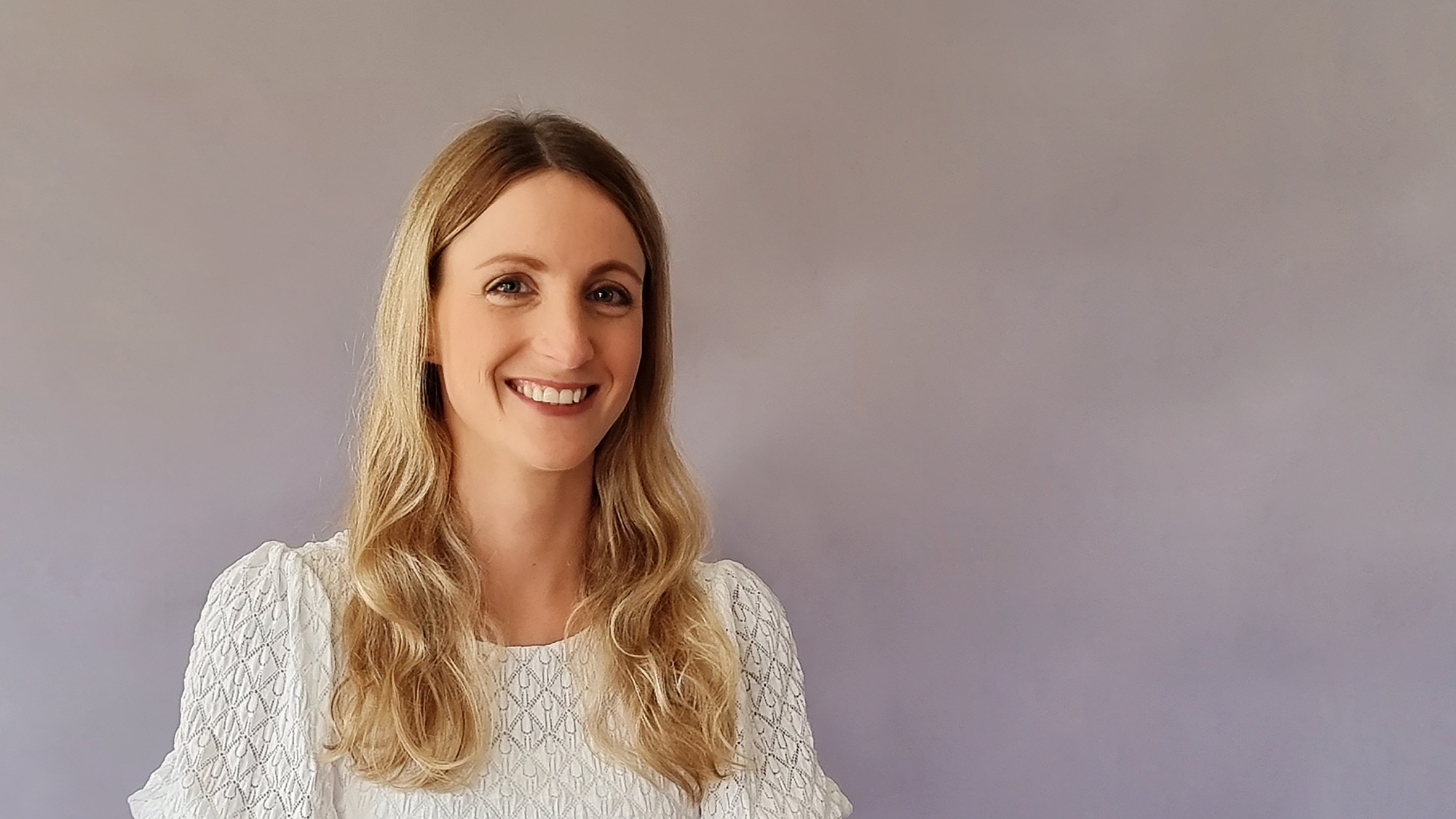A Year in Interviews: Part II
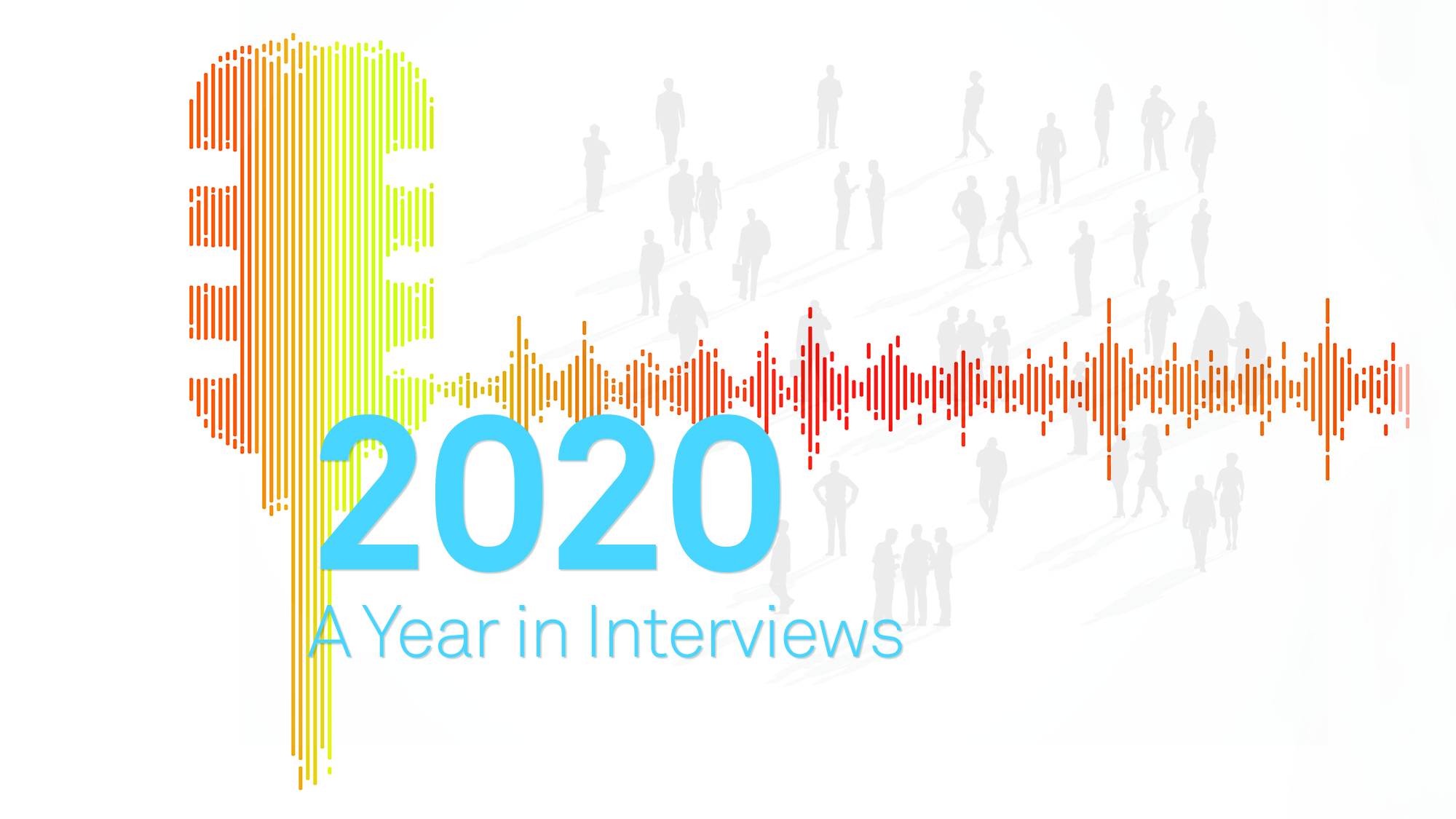
From economists to leadership experts, and computer scientists to China specialists, getAbstract was privileged to take deep dives into many authors’ areas of expertise and put their work into a broader context. Naturally, COVID-19 formed the backdrop of many of our discussions – but our conversations were about much, much more. Here’s Part II of our yearly interview wrap-up:
4. The Future of Work Must Be More Participatory and Inclusive.
Complex, multifaceted threats such as pandemics require what Harvard leadership expert Rosabeth Moss Kanter calls “advanced leadership.” Advanced leaders prioritize seeking new ideas, soliciting input from people of all walks of life, and drawing on expertise from a range of business, scientific and cultural fields, Moss Kanter explains in her book, Think Outside the Building:
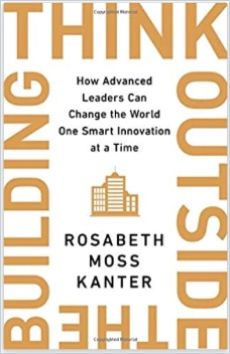
In her interview with getAbstract, Kanter explains that leadership does not need to come from the top.
The new leadership comes from all of us.
Rosabeth Moss Kanter
And with “all of us,” Kanter also has members of historically underrepresented and oppressed groups in mind. Organizations today cannot afford to pass over the talent among members of these groups, she explains. Kanter urges organizations to proactively elevate women and minorities to leadership roles with budgetary authority going forward .
Yet there is still a lot of work to do in making workplaces truly inclusive. Leaders seeking a more inclusive culture must discuss sensitive subjects like racism or sexism, even at the risk of getting the words wrong, argue Tiffany Jana and Michael Baran in their timely book, Subtle Acts of Exclusion.
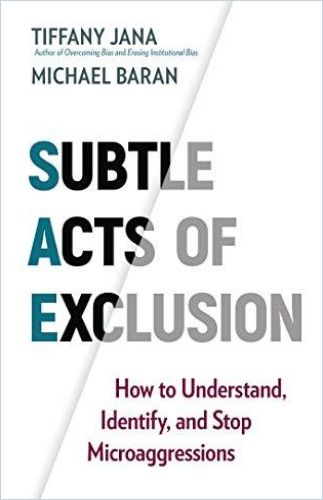
In their interview with getAbstract, the authors share their insights on building awareness and inclusion to foster more resilient teams and engaged employees. Progress made at the workplace will invariably percolate into society at large. Says Baran:
If we hope to really create a world free from racism, where all people are truly valued for who they are, then we need to address all of it – the systemic injustices, the unconscious biases, and the subtle acts of exclusion that perpetuate unequal systems and patterns of thinking.
Michael Baran
The younger generations of employees have a strong social conscience, writes millennials expert Crystal Kadakia in her book, The Millennial Myth. They don’t want to work at firms that treated previous generations unfairly. They want to associate with companies that champion employees and make positive contributions to society, the environment and the world.
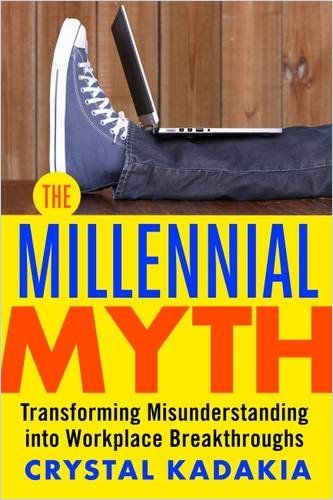
In her interview with getAbstract, Kadakia expands on her argument that building a modern corporate social responsibility culture is one of the key ways of attracting, engaging and retaining millennials:
The most effective messages for social responsibility are those with clear meaningful action behind them. Companies who are intentional and transparent about corporate social responsibility and work towards substantial action generate respect.
Crystal Kadakia
For an organization to be successful, argues DHL CEO Ken Allen in Radical Simplicity, leaders must focus on making their people happy. For people to be happy, they must do what they love, and do it as well as they can:
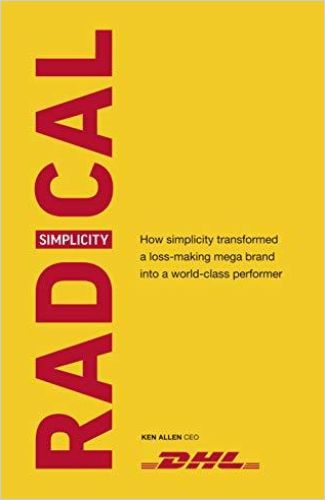
For corporations to keep growing, Allen told getAbstract, they need to enable each and every employee to grow by fostering a continuous learning culture:
People will stay loyal if they have the opportunity to develop and to gain expertise. […] In a stagnant organization, people get bored. They will then look for something else.
Ken Allen
5. It’s Up to Us to Shape the Technology We Create.
The pandemic has underlined our strong dependence on technology. But COVID-19-induced physical distancing has not necessarily made our oftentimes unhealthy relationship with technology any worse, digital anthropologist Brian Solis told getAbstract in an interview. Rather, people have been using some of these technologies in very constructive and life-affirming ways.
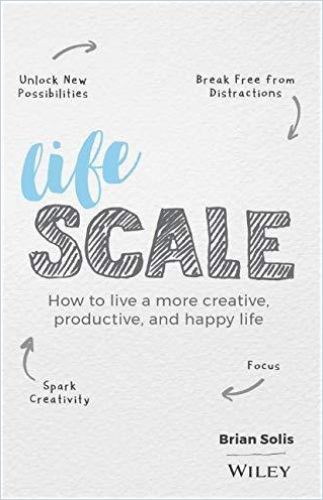
In his book Lifescale, a getAbstract customer favorite, Solis developed a method for living a life of purpose and creativity without succumbing to the barrage of distractions technology affords. Yet Solis thinks it is high time for users to demand technology designed to help humans overcome their weaknesses and enhance their potential:
The future either happens to us or because of us, and there’s almost always a tipping point. We haven’t quite reached it yet, but it is coming.
Brian Solis
Computer algorithms acquire more and more power over our lives. Even when written without malice, algorithms have the potential to treat people unfairly or violate their privacy. In their book, The Ethical Algorithm, Michael Kearns and Aaron Roth explain what it means to get algorithms to be decent – and how much still needs to be done.
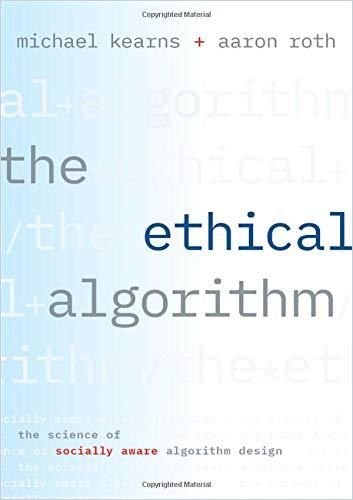
But as Roth told getAbstract, the onus is not just upon programmers. Citizens need to be vigilant about computer-generated outcomes – the same way they keep track of the decisions of elected officials:
There is this misguided popular feeling that algorithms – because they are, in a sense, mathematical – are inherently objective or unbiased. […] The point is that, just as with human decision makers, we should care about the outcomes that result when we use these algorithms in aggregate. And we want to be alert for the possibility that they might be doing things we don’t want.
Aaron Roth
6. The Pandemic-Induced Disruptions Offer a Chance to Reinvent the Future
The world won’t settle into a post-pandemic “New Normal,” author and executive coach Paolo Gallo argued in a think piece in Spring 2020. Rather, the post-pandemic world will be defined by five characteristics that will keep us all on our toes: “Chaos, Crisis, Complexity, Confusion and Change.”
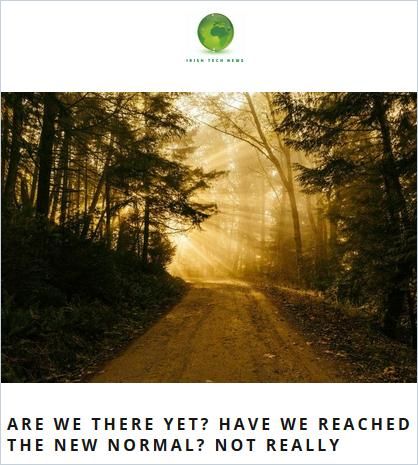
Are We There Yet? Have We Reached The New Normal? Not Really
Irish Tech NewsIn his widely shared interview with getAbstract, Gallo calls for a new caliber of leaders capable of finding innovative solutions to complex problems with “compassion,” “courage” and a strong sense of purpose:
A true leader is able to motivate missionaries (people driven by the desire to make meaning), not mercenaries (people motivated only by personal gain). Losing your sense of purpose is like losing your compass: You may keep on going but you’ve lost the sense of direction.
Paolo Gallo
The experience of living through a pandemic underlines the basic human need for social connection. Employee engagement expert Michael Lee Stallard updated his valuable first edition of Connection Culture this year by addressing the impact of COVID-19 on working people suffering loneliness and disconnection:
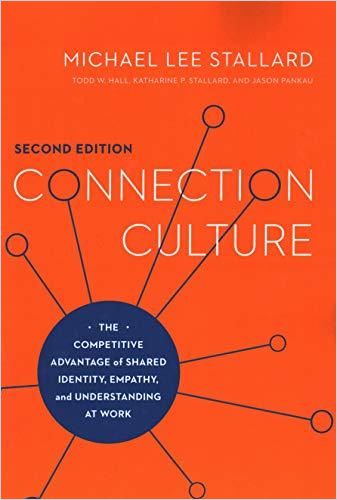
The pandemic highlights the perils of disconnection in our personal lives, work lives and society, Stallard told getAbstract. The collective experience of living in isolation from each other may lead organizations to take the power of human connection more seriously going forward:
Because this global pandemic has had such a profound impact on our personal lives and work lives, it has certainly brought focused attention to stress, loneliness and the effects of social isolation.
Michael Lee Stallard
The silver lining of the current crisis, leadership consultant Vlatka Hlupic believes, is that it propelled many organizations and leaders to a higher degree of engagement as described in her book, The Management Shift.
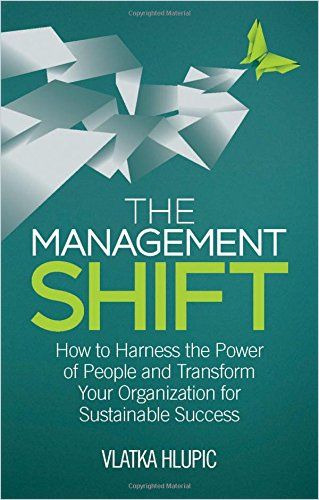
Hlupic told getAbstract that she does not believe organizations will go back to their pre-pandemic modus operandi:
Everything is different now. […] Employees and mind-sets have changed; customers have changed. Companies that are more humane will focus on their purpose, how they can serve humanity and their communities.
Vlatka Hlupic
The year 2020 forced most people to adapt to new realities. With the right skills, knowledge and mind-set, however, people are capable of not just adapting but thriving on change. We are grateful to all the authors who have shared their insights and perspectives with us this year.
Go back to A Year in Interviews: Part I

